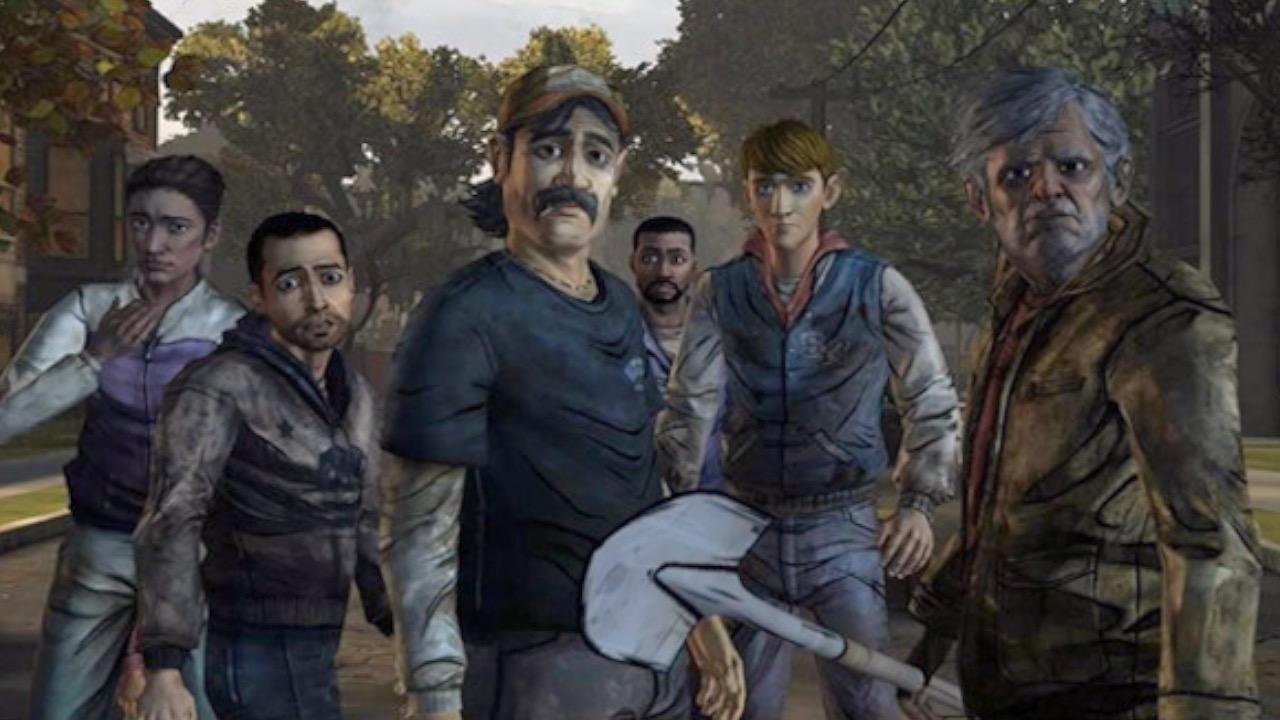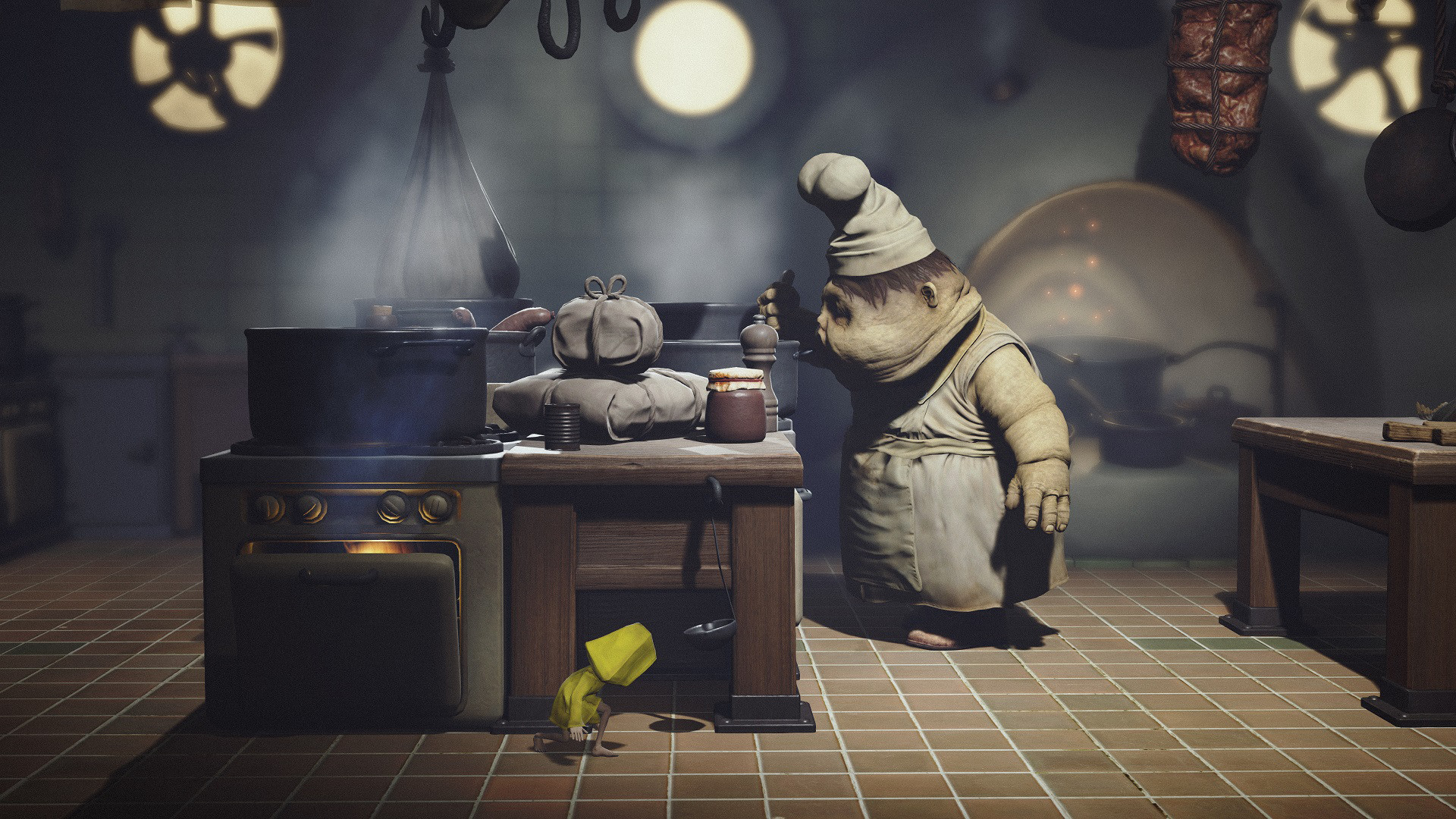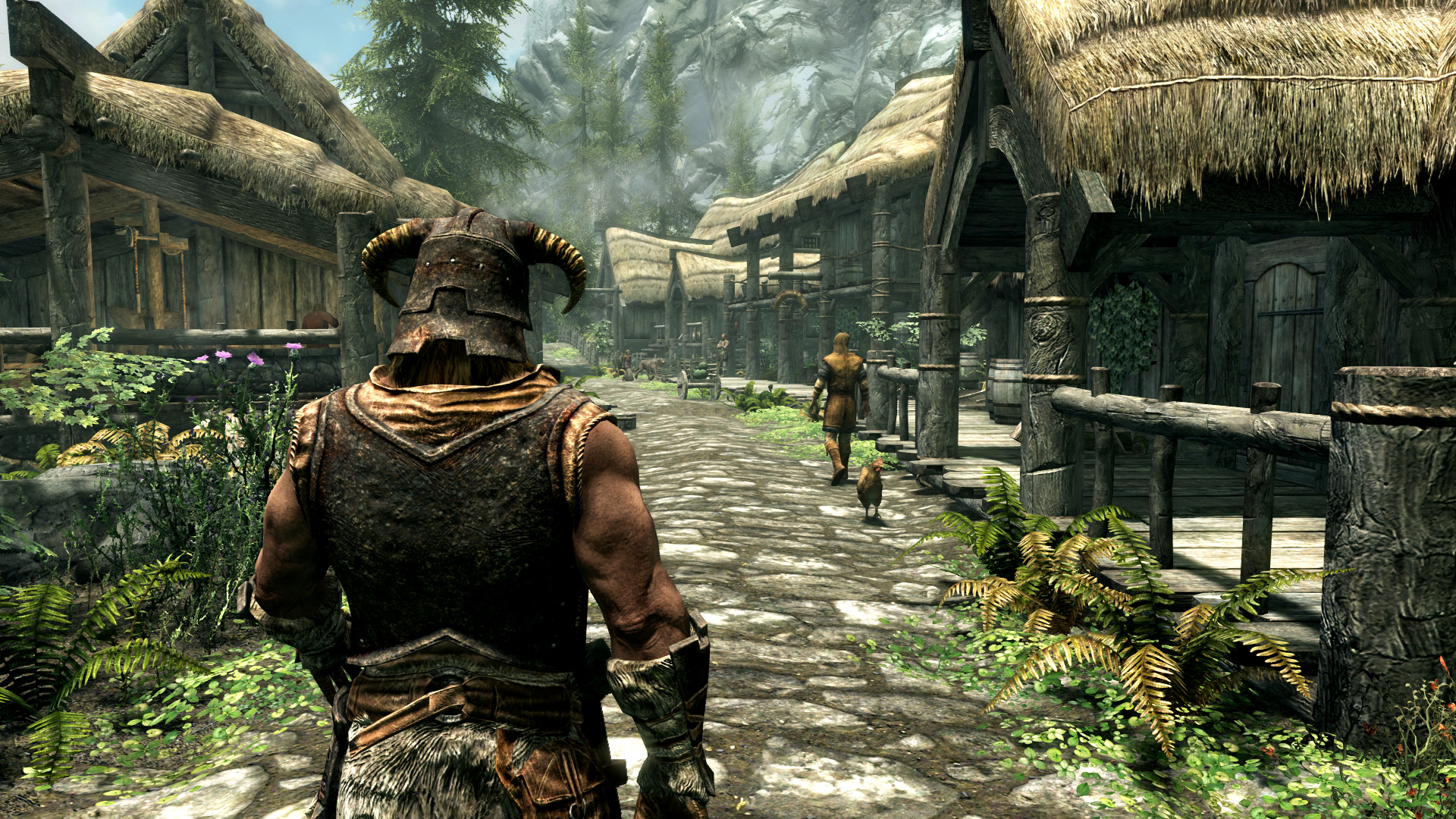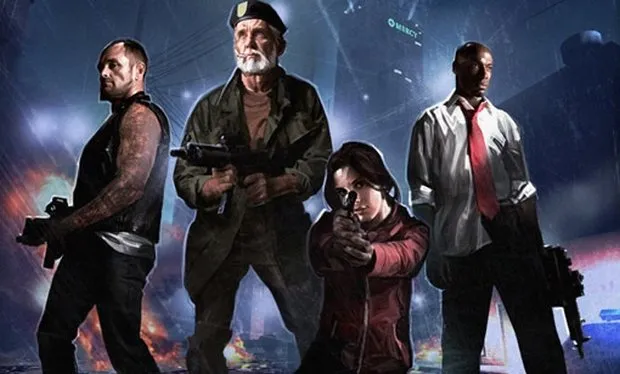
How To Become A Video Game Writer
Writing for games is a very unique form of writing with many appeals. Games are capable of telling a story in a way that other mediums cannot thanks to the interactivity with the player. Whilst books and movies can really draw a viewer in and totally engross them, games are capable of making the player a part of that universe as well. Story-based games are still in their infancy compared to the written word, but already we’re capable of producing stories that can amaze have a huge impact on the player, as such it’s an exciting area to be a part of.
That being said, video game writing varies from other forms of writing in the same way that writing a movie script differs from writing a book. Even the most linear of stories still need other writing and world-building such as random dialogue between characters or in collectible tape recordings or item descriptions. They all add up to building the world as a whole. More complex games with branching paths, player deaths, and multiple endings make things even more complicated as the story will always need to make sense and be complete.
How It Differs From Writing A Book Or A Movie Script
Writing for video games differs quite a bit from writing a book or movie script. Whilst the same skills and creativity are needed when coming up with a story and building a world, the level of interactivity and exploration in a game warrants extra work. Books are the best when it comes to being able to plan exactly what the reader experiences, you have complete control over the experience as the only thing the user can interact with is the words you put to a page.
Movies scripts are closer to games, you have some control over what happens, but the end result will feature content that wasn’t in the script, such as the specifics of the environment it’s set in and the exact shots. A game is like this taken to the extreme, as you can’t work with a director to get the right feel for the story, as it is driven by the player in real-time.

Going even further beyond that, games can have branching stories or require incidental conversations that happen to make the world feel alive that have to contribute to the story. Whilst they may not be plot essential they may help reinforce someone’s character or add to the world-building. A great example of this is the stories Kratos tells his son while they are in the boat in the God of War game. This helps fill the gaps in time, makes them seem more human, reinforces each character’s outlook on the world, and provides backstory and explains the myths the game is based around.
Branching Stories And Multiple Endings
The biggest and most obvious difference between game writing and other forms of writing (outside of choose your own adventure books) is player choice influencing the story, either through branching paths, multiple endings, or other things like side quests and skippable content. Making the player feel like they have control or influence over a story whilst also keeping a concise narrative that makes sense is incredibly difficult. Telltale Games made their name doing just this beginning with The Walking Dead, allowing players to make choices that affect the game so drastically that members of the team can survive or die based on their choices and the story must continue taking those choices into account. Whilst they do a great job convincing the player, when looked at as a whole you realize that much of the player choice is illusionary and has very little actual effect.

In less extreme examples, many games have multiple endings based on how they are played, each of which needs to make sense and be satisfying on their own, but also must be thought of as a whole whilst being different enough to be worth getting, as many gamers will play to get them all, especially if they contain bonus content and stories.
Environmental Storytelling and World Building
Outside of the script, there are other things you need to bear in mind when telling the story. Environmental storytelling is a big thing in games and involves telling the story through the environment the player is exploring, this could be the ruins of a long-dead civilization that hint towards a deeper story, or reinforcing the main feelings the story is telling. Some games, like the Little Nightmares series, rely entirely on this type of storytelling to create a deep story that has people digging into every detail, without a single spoken or written word.

Whilst it’s not an essential part of storytelling, it really brings the world to life and makes every area important to the story. It elevates the story from being a rigid script intersected with gameplay towards an entirely immersive story. However, to achieve this will require the story writer to work closely with the design and art teams to make sure they produce something that gels with the story you are writing.
Side Stories
Depending on the game, it may be necessary to have side stories and missions which tie into the overall game. This is especially true for open-world games. Whilst these missions are often to pad the game and keep the player busy they are a great opportunity to flesh out the world and make it more believable. Rather than a mission where an NPC needs a coat to keep warm, so needs you to collect 5 cloth, make the mission more focused on the overall world, such as needing to get the cloth for a banner, commissioned by the king to use in the upcoming battle with the neighboring kingdom. This not only makes the quest more engaging but also helps flesh out the world and is a great opportunity to add a bit more flavor.

Conversations and Incidental Lines
Another area that separates games from other forms of writing is the casual conversations you often get between characters. These can be conversations between the player’s party characters, other players, or even just random NPCs. These conversations don’t have to be essential to the story, in fact, sometimes they should not be in case they’re missed, but they must make sense in the context of the world and work to make those people seem alive. They can even form the backbone of character personalities in games without much of a focus on the story, Such as Left 4 Dead‘s Francis becoming notorious for hating everything.

Collectibles and Item Descriptions
Collectibles have long been a great way of revealing story points to those who work hardest to find them and are a great way of rewarding the player. These can be semi-essential story points such as Alan Wake‘s manuscript pages, or entirely optional. These items can be something that adds to the overall story or be an entirely separate story altogether, something that feels exclusive to those who seek it out.

Something that is used less often, but has become more popular since its use in Dark Souls, is using small, normally unimportant text such as item descriptions, to give glimpses of the story. Whilst Dark Souls relies almost entirely on item text and environmental storytelling to tell the story it’s still possible to use a similar technique to back up and reinforce the story through these simple means. The bonus to using this technique is that it ties everything together in the game’s world. Dark Soul’s Estus Flask is much more interesting and unique to the world than using a generic health potion for no other reason than it’s a video game.
Skills Needed To Be a Video Game Writer
Now that we’ve had an in-depth look at how video game writing differs from other forms of writing it’s time to look at what skills you need to be a video game writer. Obviously, creativity is a big part of writing. Coming up with original, exciting, and entertaining stories is the backbone of the job. Good interpersonal skills and an understanding of psychology will help with writing believable and deep characters as well as working with other team members to bring the world to life. Great planning skills are needed to ensure that the player always has enough stories without bombarding them whilst taking into account branching stories and incidental dialogue. Finally, much like most roles in game development, a wide variety of knowledge from things such as mythology, history and, world cultures will help when building stories and you will have more areas to pull ideas from.
How To Get A Job As A Game Writer
If you’ve read through this and decided that the job is right for you, then you need to apply for some jobs. Firstly you will want some work you can show without it taking a long time. Work experience such as a published book or previous game development work will help, as will any excerpts or pieces you can show that won’t take the recruiter too long to get through. Jobs are often best applied for directly to the company, but that can take a while to search for writing jobs through them all, as most writing teams are fairly small. This is where job searching websites such as gamejobsdirect.com or gamesindustry.biz are so useful.